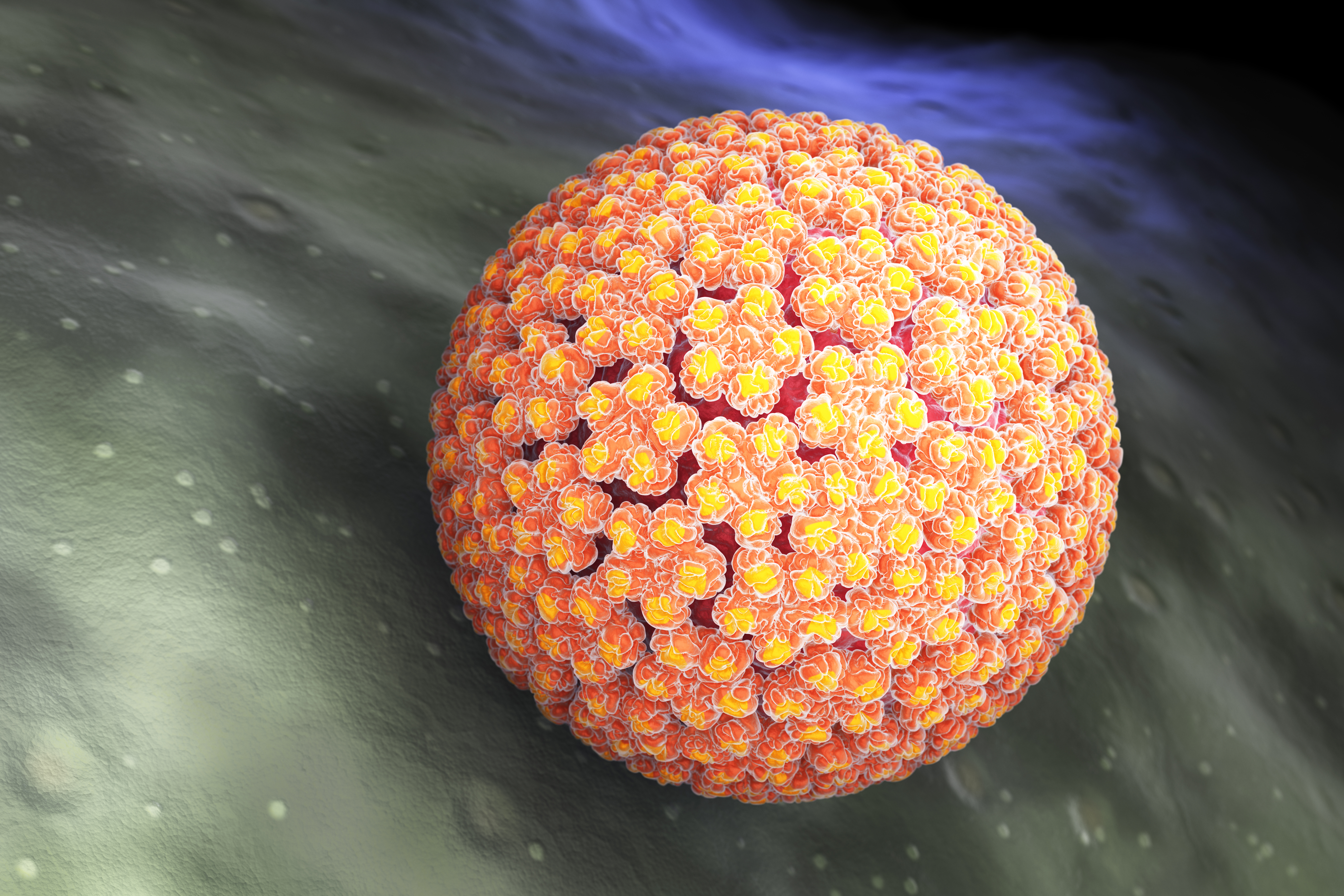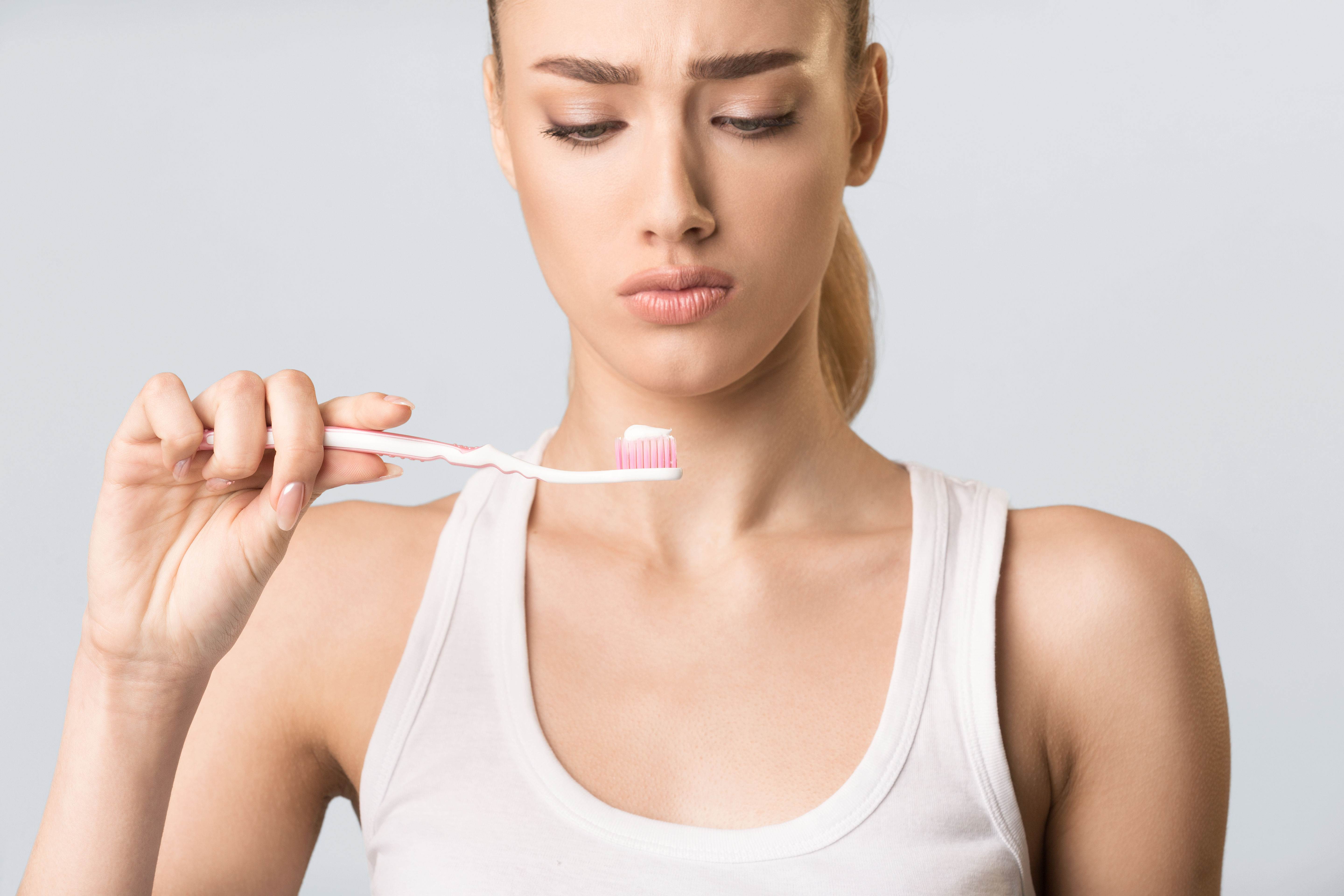Key Risk Factors for Mouth Cancer You Need to Know
Mouth cancer, a serious malignancy impacting the head and neck, can develop on the lips, tongue, gums, tonsils, inner cheek, palate, and salivary glands. While often diagnosed in individuals over 40 and predominantly affecting men, its early stages can be deceptively symptom-free. Understanding its origins is crucial for prevention and vigilance. Beyond the widely known link to tobacco, various factors contribute to its development. This article delves into the lesser-understood yet significant risk factors, offering insights that empower you to proactively assess your personal vulnerability and discuss concerns with your healthcare provider.
1. Cellular Mutations: The Genetic Blueprint Gone Awry

At the core of mouth cancer, like all cancers, lies cellular DNA mutation. It's not just random; specific alterations in genes that control cell growth, division, and death are key. Imagine your cells as tiny factories, each with detailed instruction manuals (DNA). When critical sections of these manuals are miswritten – perhaps those governing how cells differentiate, adhere, or self-destruct – the cell can become rogue. It might gain functions allowing uncontrolled proliferation or invasion, while losing others that normally suppress tumors. These cumulative errors, often 3-6 distinct mutations, transform a healthy oral cell into a malignant one, leading to cancer development.
2. Excessive Sun Exposure: A Hidden Oral Threat

While skin cancer from sun exposure is well-known, excessive sun exposure to the face and neck is a significant, often overlooked, risk factor for lip cancer, which can readily spread into the mouth. Both UVA and UVB rays inflict DNA damage. UVA penetrates deeper, suppressing immune activity and accelerating cellular aging, while UVB directly harms epidermal cell DNA. Though the body attempts repair, mistakes during this process can lead to genetic mutations. Over time, these accumulated errors in the genetic code can foster malignancy, particularly on the vulnerable lip surface, highlighting the importance of year-round sun protection, even for your mouth.
3. Weakened Immune System: Your Body's Defense Compromised

A robust immune system acts as your body's vigilant sentinel, constantly detecting and destroying precancerous or malignant cells before they take hold. Individuals with a compromised immune system are therefore at a significantly heightened risk for oral and throat cancers. This vulnerability can stem from various causes: inherited conditions, diseases like AIDS, or even medications taken for autoimmune disorders or organ transplant rejection. When the immune system experiences a "hiccup" or prolonged suppression, cancer cells can exploit this lapse, evolving to evade detection and proliferate. Maintaining immune health, where possible, is a critical, though often complex, defense.
4. Tobacco Use: The Primary, Multifaceted Culprit

The link between tobacco use and mouth cancer is overwhelmingly established and highly alarming. Smoking cigars, pipes, or cigarettes exposes the entire oral cavity and throat to carcinogens. Pipe smokers face particularly high risk where the pipe stem touches their lips. Smokeless tobacco products – dips, chews, snuff – are directly linked to cancers of the inner lip, cheeks, and gums, with recurrence rates spiking if use resumes post-treatment. The risk escalates dramatically, by up to 100 times, when tobacco use is combined with alcohol consumption. This synergistic effect makes cessation the single most impactful preventive measure.
5. Certain Strains of Human Papillomavirus (HPV)

Beyond its role in cervical cancer, certain high-risk strains of Human Papillomavirus (HPV), particularly HPV16, are now a significant and growing risk factor for mouth and throat cancers, especially in the oropharynx (tonsils and base of the tongue). This trend is linked to changing sexual practices involving oral contact. While only a small percentage of HPV-infected individuals develop these cancers, the presence of the virus significantly elevates their probability. Awareness of HPV's broader impact underscores the importance of vaccination (where applicable and age-appropriate) and practicing safe sexual behaviors to mitigate this increasingly recognized risk.
6. Heavy Alcohol Consumption: The Synergistic Threat

Beyond its individual risks, heavy and prolonged alcohol consumption significantly increases the risk of mouth cancer, particularly when combined with tobacco use. Alcohol acts as an irritant to mouth tissues and can enhance the absorption of carcinogens from tobacco, creating a potent synergistic effect. It also compromises the body's ability to repair DNA damage. The type of alcohol doesn't matter as much as the quantity and duration of consumption. Limiting alcohol intake, especially in conjunction with avoiding tobacco, is a critical step in substantially reducing your risk, highlighting how lifestyle choices profoundly impact oral health.
7. Poor Oral Hygiene & Ill-Fitting Dentures

Surprisingly, poor oral hygiene and chronically irritating oral conditions can contribute to mouth cancer risk. Chronic inflammation from neglected dental health (e.g., gum disease, untreated cavities) creates a hostile environment that can promote cellular changes. Similarly, ill-fitting dentures or broken teeth that consistently rub and cause chronic irritation to the mouth's soft tissues can, over extended periods, lead to precancerous lesions. These chronic physical traumas, coupled with inflammation, may provide fertile ground for abnormal cell development. Regular dental check-ups and proper denture care are essential not just for comfort, but for cancer prevention.
8. Nutritional Deficiencies: The Body's Vulnerability

A diet lacking essential vitamins and minerals, particularly Vitamins A, C, E, and certain B vitamins (like folate), can weaken the mouth's natural defenses against cancer. These nutrients are crucial for maintaining healthy oral tissue and providing antioxidant protection, which helps prevent cellular damage and supports DNA repair. When the body is deficient, oral cells become more vulnerable to carcinogens and less able to correct DNA errors. Ensuring a balanced diet rich in fruits, vegetables, and whole grains provides your body with the necessary tools to protect itself from cellular damage and reduce mouth cancer risk.
9. Betel Quid & Areca Nut Chewing: A Global Concern

Predominantly in parts of Asia and among some immigrant communities, the habit of chewing betel quid (often with tobacco and/or areca nut) is a major, yet less recognized in Western contexts, risk factor for mouth cancer. The areca nut itself, even without tobacco, is carcinogenic. The act of chewing causes chronic irritation and exposure to potent carcinogens, leading to highly specific precancerous lesions (like oral submucous fibrosis) that almost invariably progress to cancer. This cultural practice carries an extremely high risk and awareness is vital for individuals in affected populations.
10. Genetic Predisposition & Family History

While not as strong as tobacco or alcohol, a family history of head and neck cancers can indicate a genetic predisposition, making some individuals more susceptible to mouth cancer. This doesn't mean you'll definitely get it, but you might inherit genes that make your cells less efficient at repairing DNA damage or clearing carcinogens. This inherited vulnerability, when combined with environmental risk factors, can significantly elevate personal risk. If close family members have had mouth or throat cancer, discuss this with your doctor to establish personalized screening recommendations and risk reduction strategies.
Proactive Vigilance: Your Best Defense Against Mouth Cancer

Understanding these key risk factors transcends simple awareness; it's about empowering proactive self-care. While some factors are beyond our control, many are directly influenced by lifestyle choices. Recognizing the insidious nature of certain habits, the insidious threat of UV exposure, or the hidden dangers of viral infections and deficiencies, allows for informed decisions. Regular dental check-ups, even when symptom-free, are invaluable for early detection. Discuss your personal risk profile with your doctor. By combining knowledge with vigilance and consistent medical oversight, you transform fear into action, significantly improving your chances against mouth cancer.
